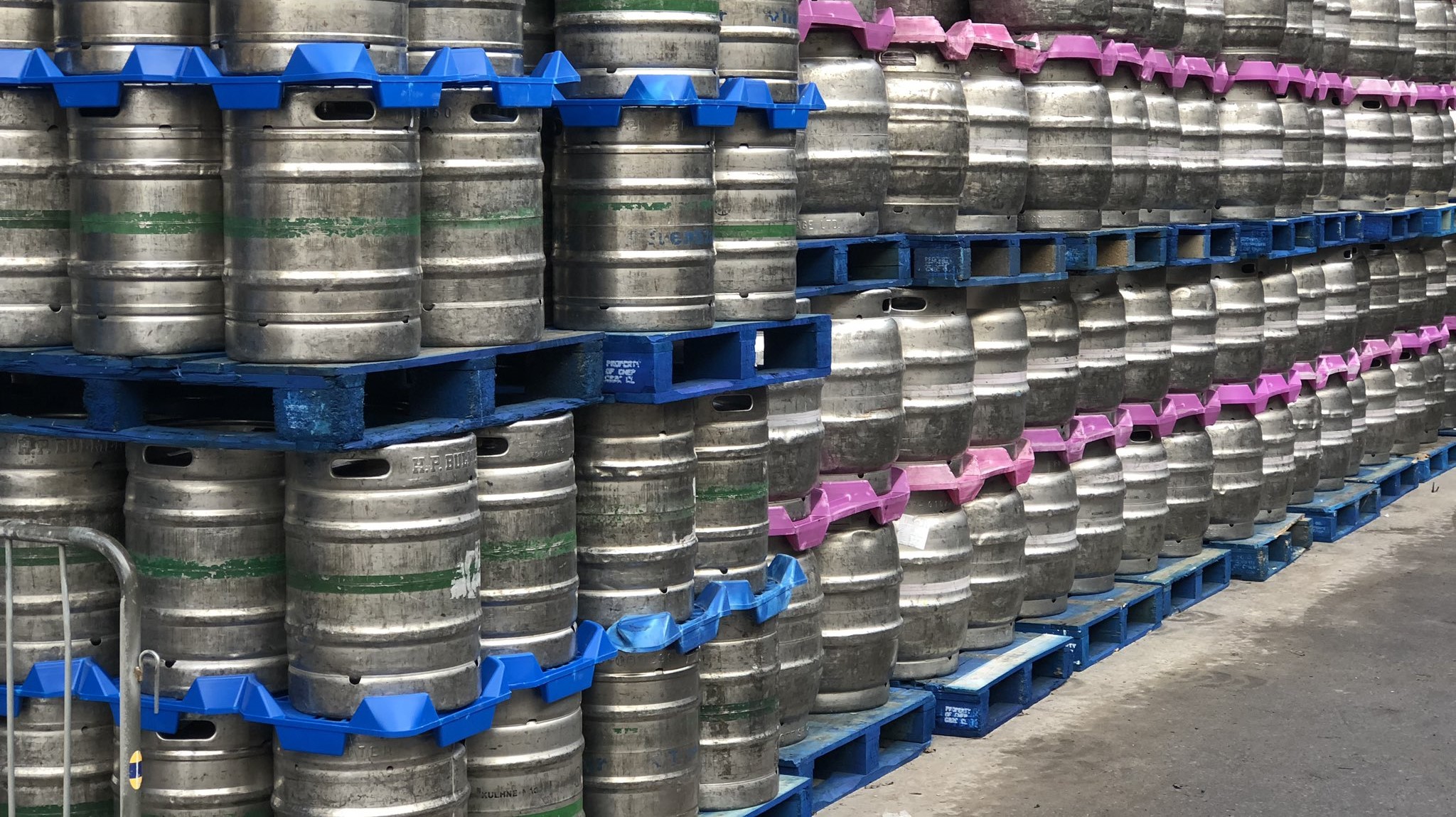The Impact of Tracking Returnable Transport Items in Modern Supply Chains
In the complicated web of global supply chains, the importance of sustainability, efficiency, and cost optimization has never been higher. As businesses navigate through difficult logistic operations and inventory management, the tracking of Returnable Transport Items (RTIs) emerges as a critical point. RTIs, such as pallets, IBCs, KLTs, RPCs, and all types of containers, are crucial for the transportation of goods across various parts of the supply chain. Their effective management can lead to significant improvements in operational efficiency, cost savings, and environmental sustainability
The tracking of RTIs plays a crucial role in improving the visibility of goods as they move through the supply chain. By employing tracking solutions, businesses can gain real-time insights into the location, status, and condition of their RTIs. This level of transparency allows for the optimization of inventory levels, reduction of retention time, and more efficient use of resources. It attenuates the risks associated with lost, stolen, or underutilized assets, ensuring that RTIs are in the right place at the right time, thus minimizing bottlenecks and boosting the flow of goods
The economic implications of poorly managed RTIs are substantial. Businesses often face significant costs related to the loss, theft, or damage of these assets. Furthermore, the lack of visibility can lead to excessive purchasing or leasing of additional RTIs, tying up capital that could be better utilized elsewhere. Effective tracking solutions enable organizations to maintain optimal levels of RTIs, reducing unnecessary expenditures and improving the overall financial health of the supply chain.
In today's eco-conscious world, the tracking of RTIs also supports sustainability initiatives. By maximizing the utilization and lifespan of these assets, businesses can significantly reduce their environmental footprint. This approach aligns with the principles of a circular economy, where resources are reused and recycled, minimizing waste and the demand for raw materials. The ability to track and efficiently manage RTIs is a step towards more sustainable supply chain practices, contributing to corporate social responsibility goals and regulatory compliance.
Azitek's Role in Revolutionizing RTI Tracking
As we delve into the future of supply chain management, the need for advanced RTI tracking solutions becomes even bigger. Azitek contributes to this transformation, offering an innovative solution for the effective monitoring and management of returnable assets. Our solution is designed to provide businesses the tools they need to achieve greater visibility, efficiency, and sustainability in their supply chain operations.
In conclusion, the tracking of RTIs is not just a logistical necessity; it is a strategic imperative that holds the key to unlocking new levels of efficiency, cost savings, and environmental care in supply chains. With Azitek's technology, businesses can navigate the complexities of RTI management with reliance, for a more connected, efficient, and sustainable future!

Filipe Silva, Business Developer
Feb 2024
